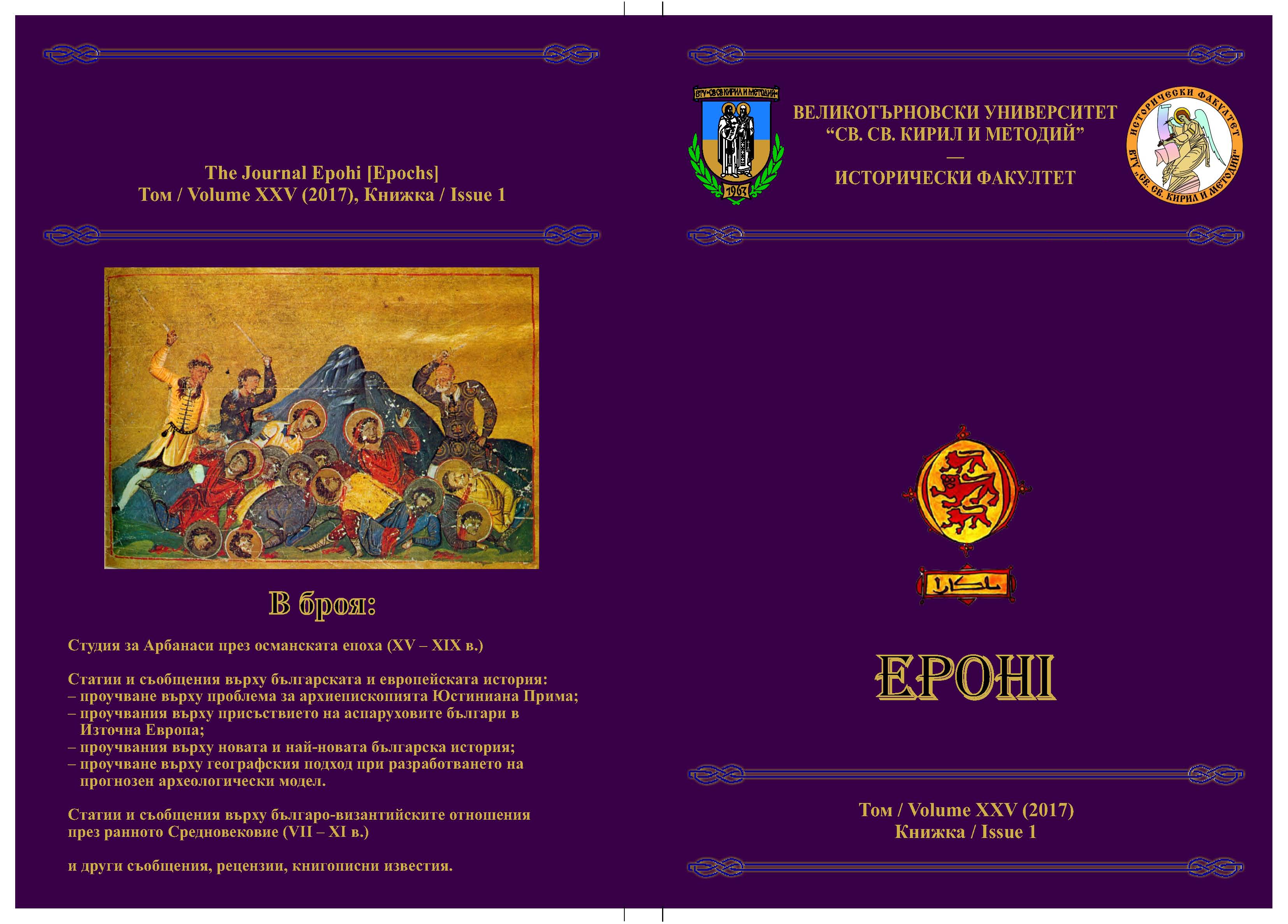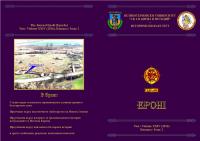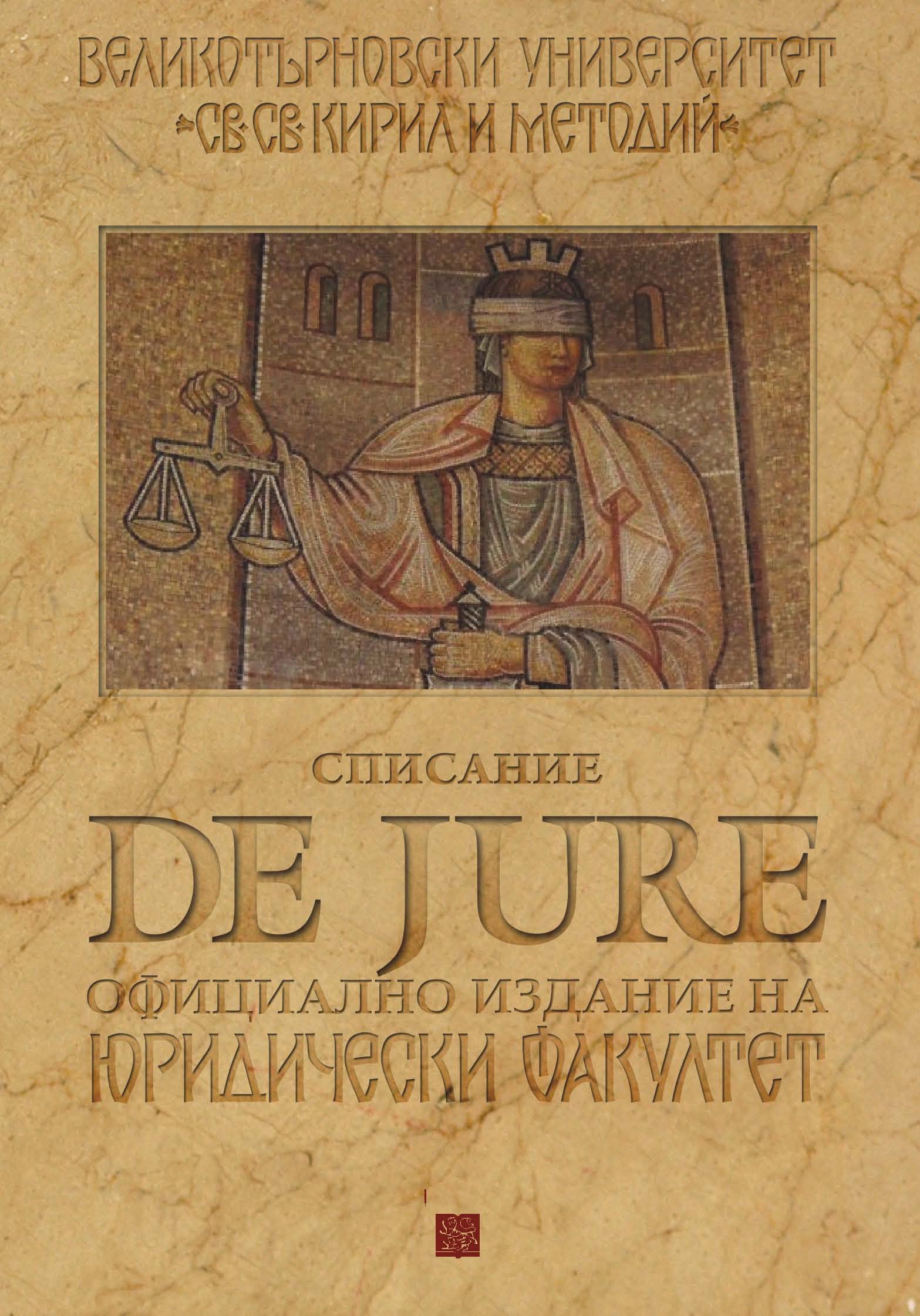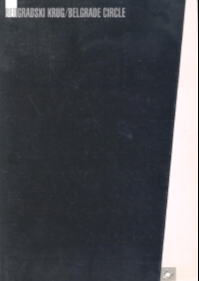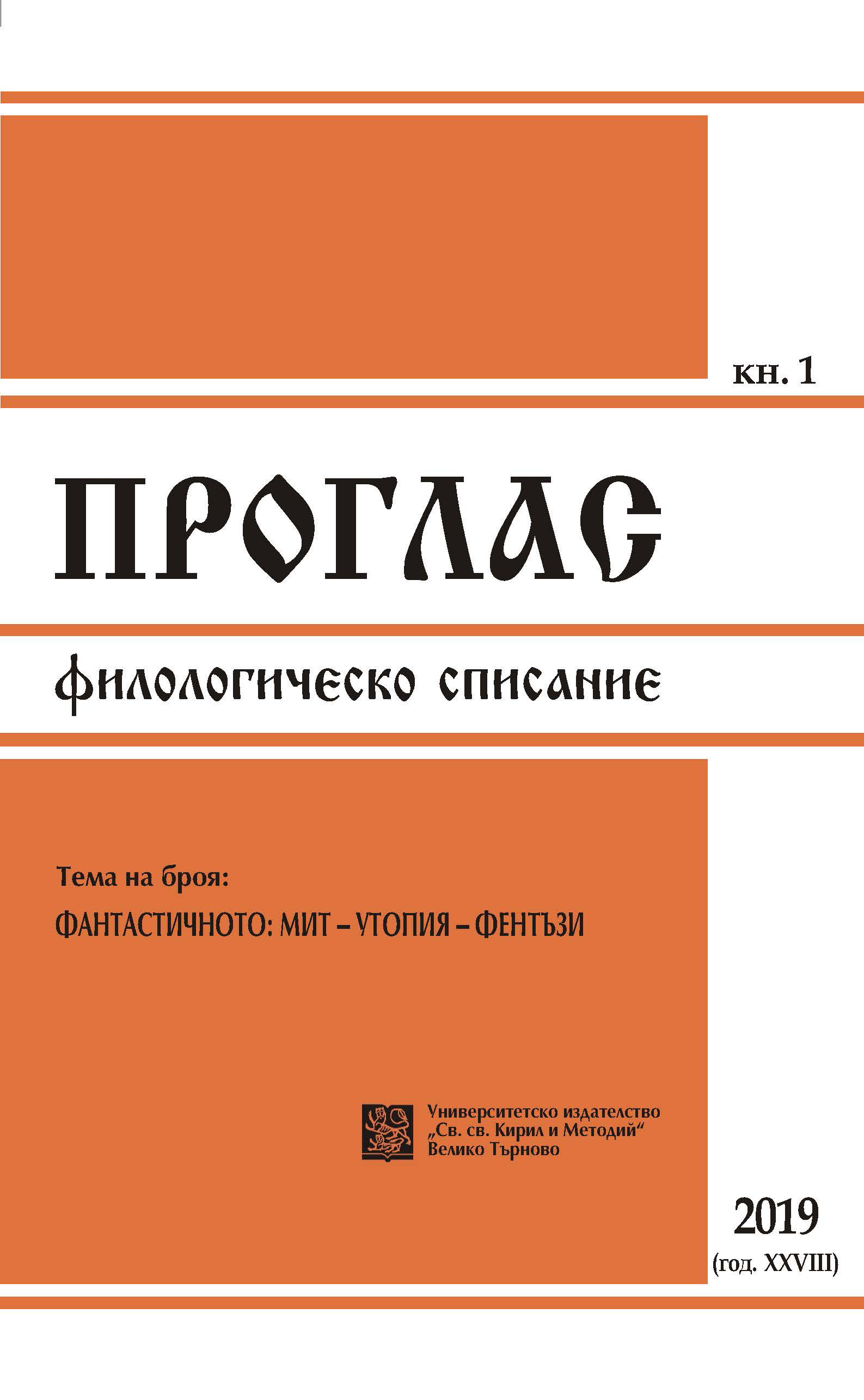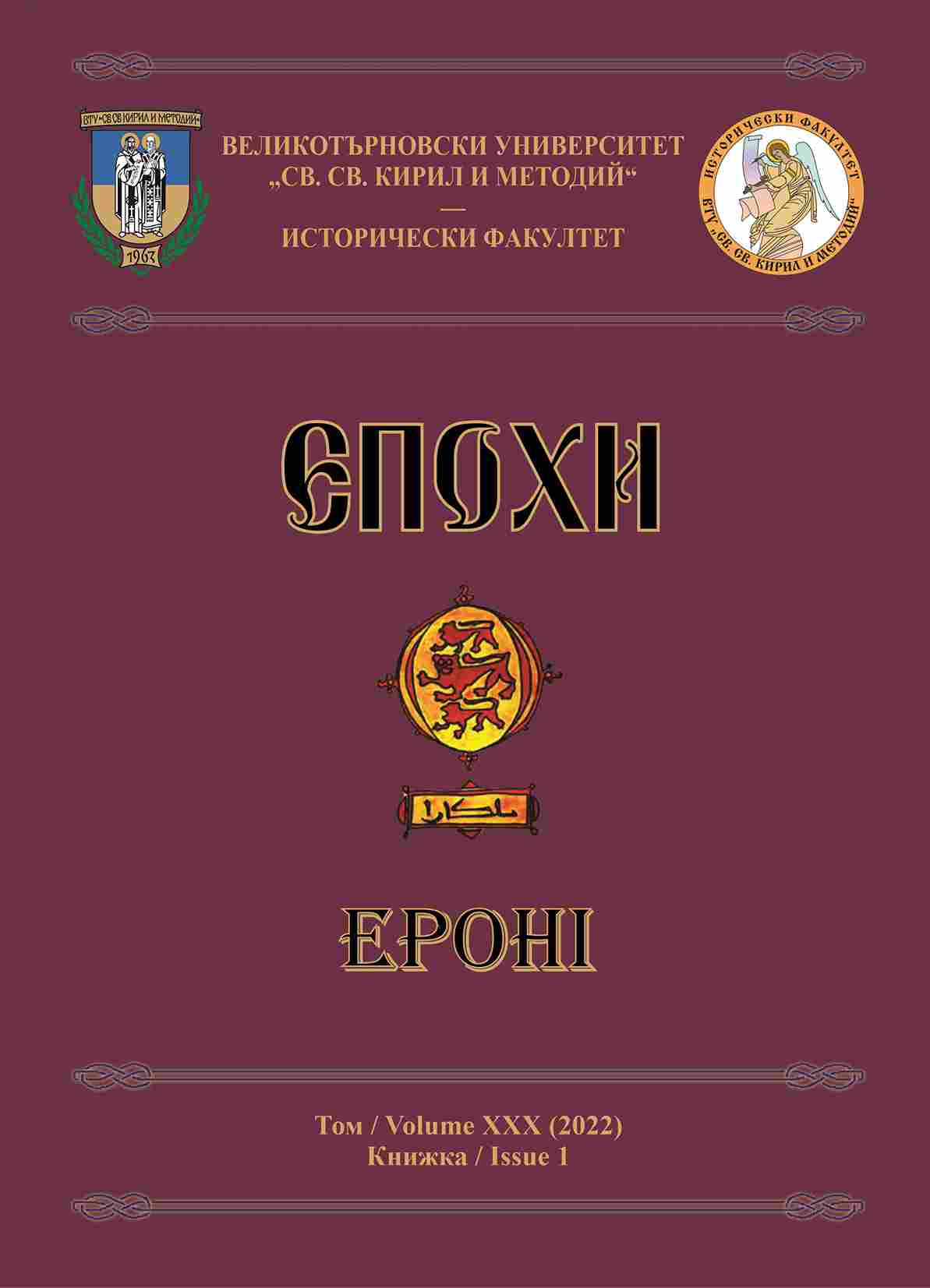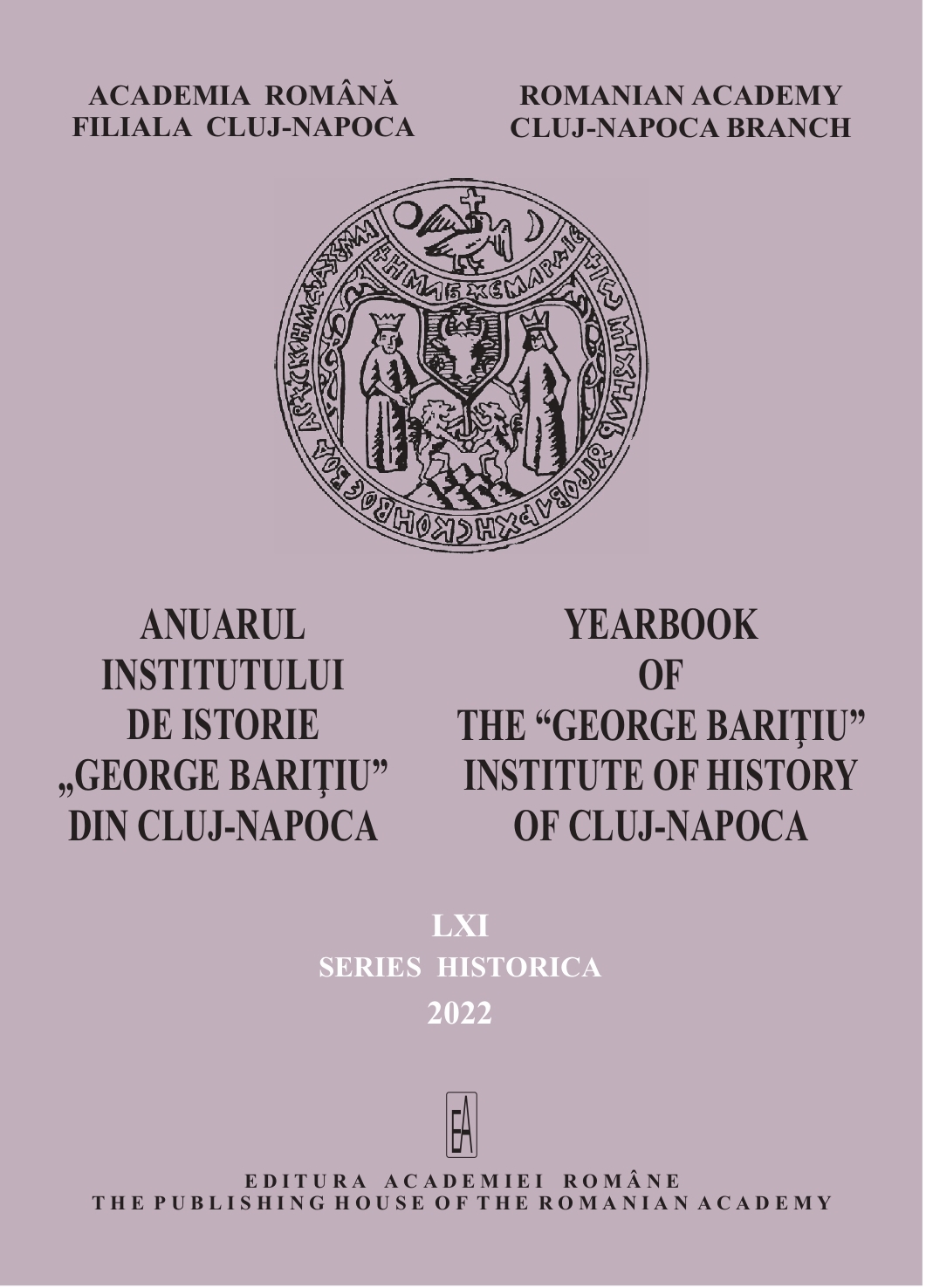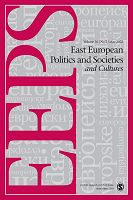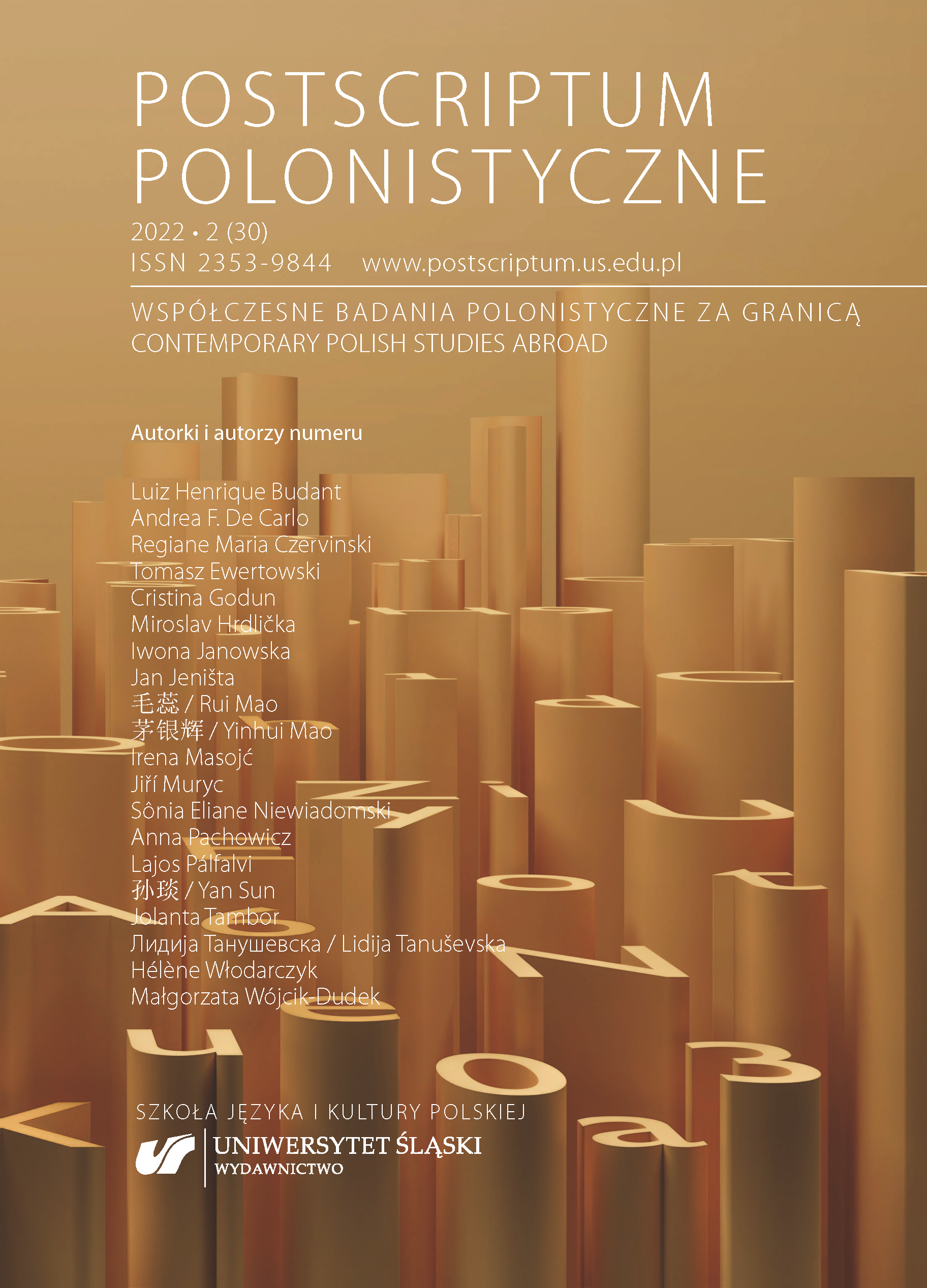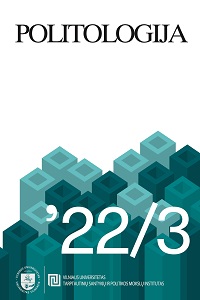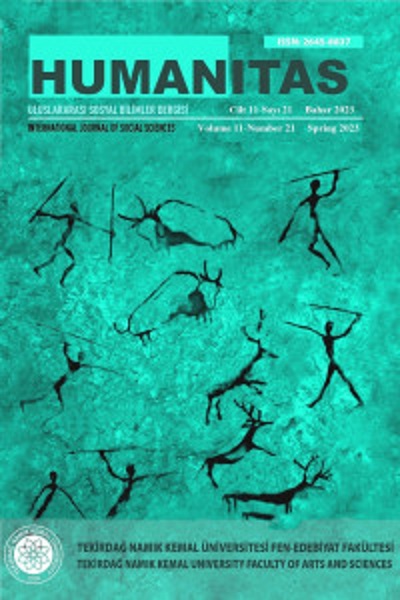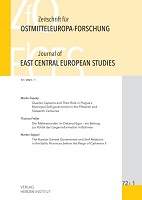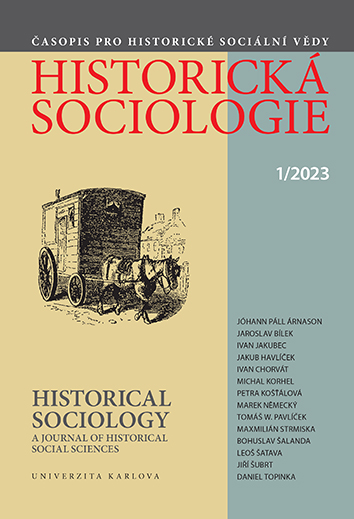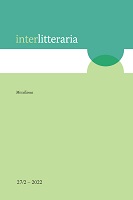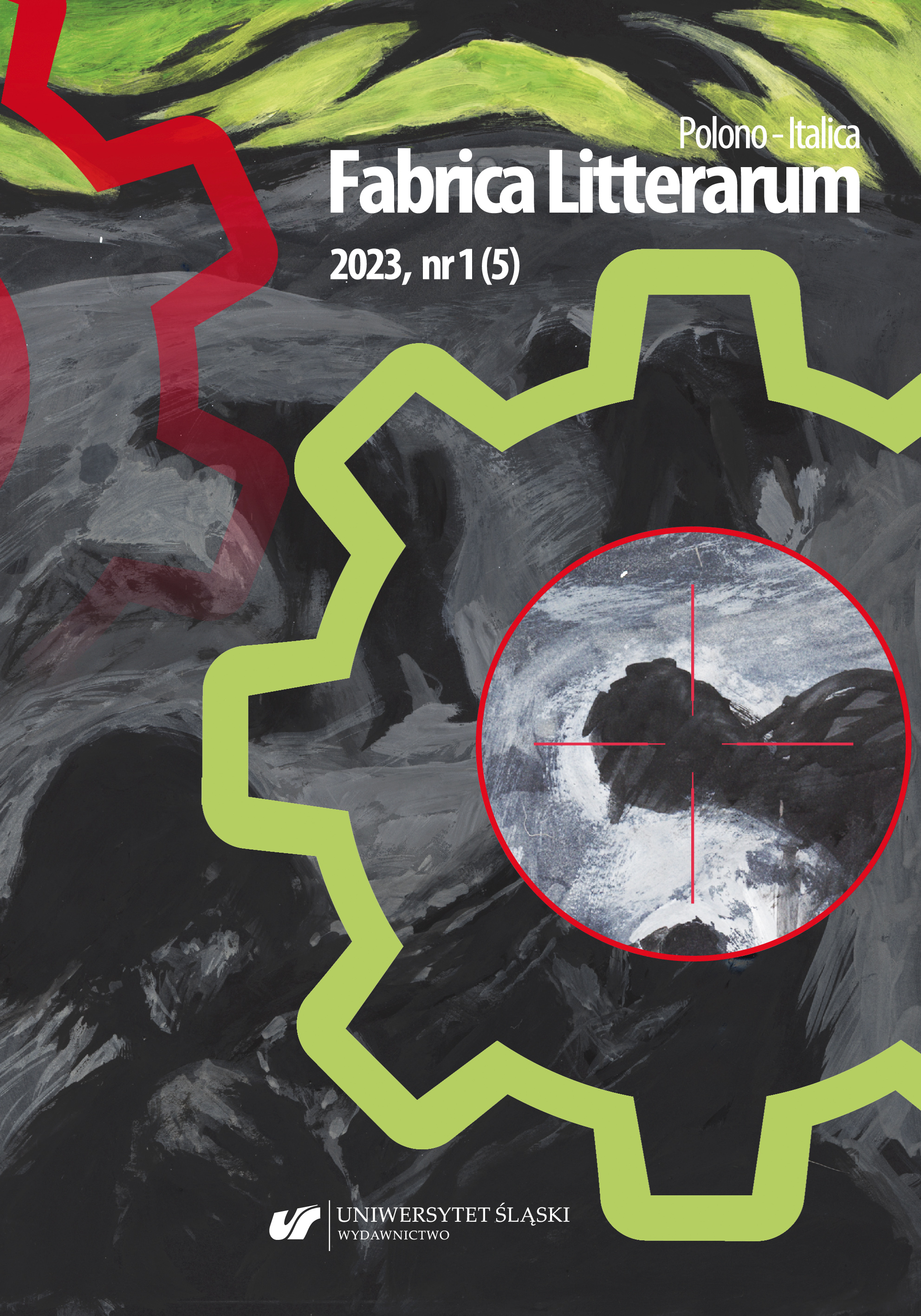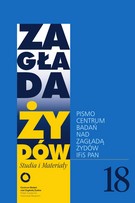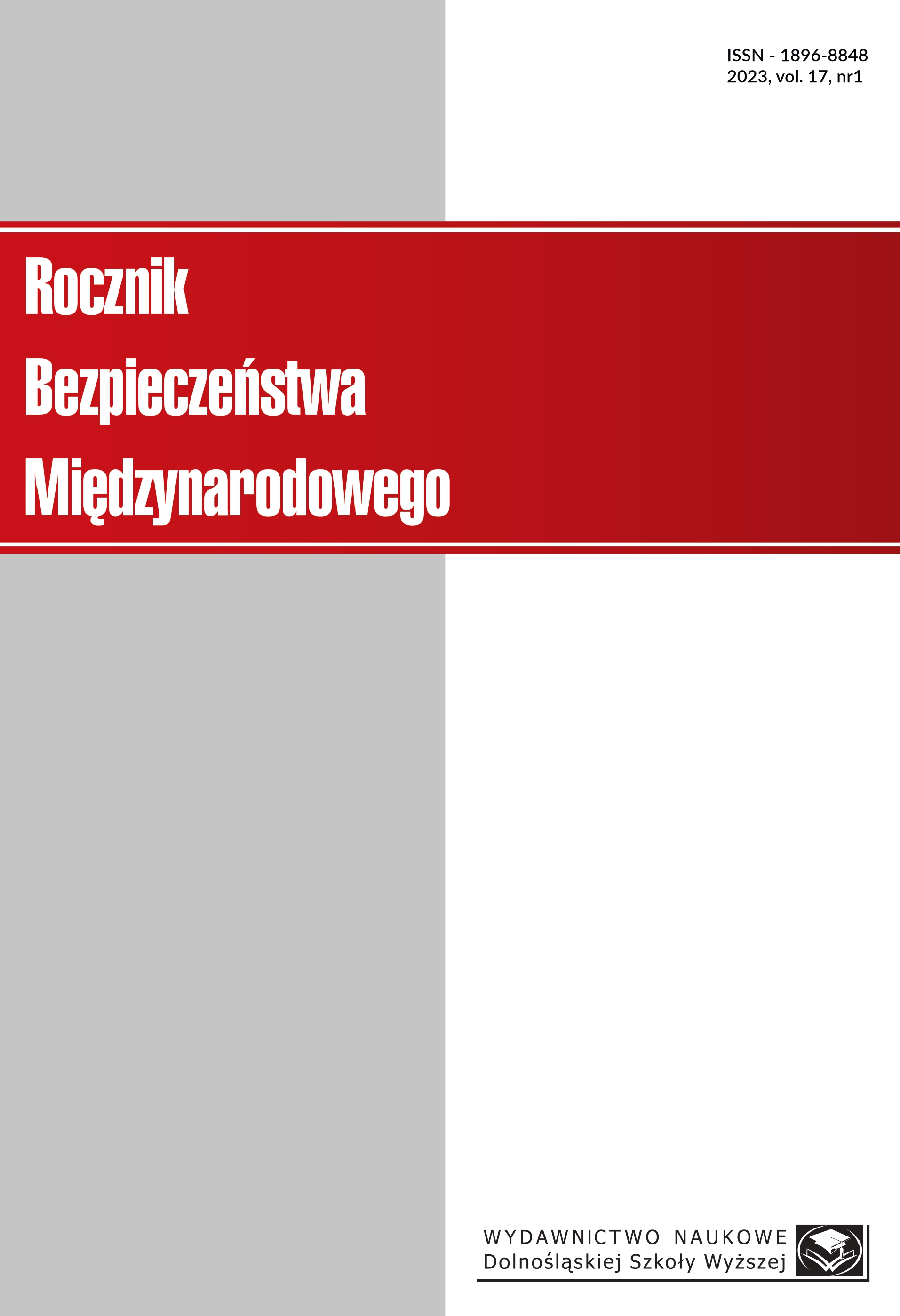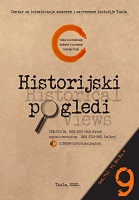Author(s): Salim Kadri Kerimi / Language(s): Bosnian
Issue: 9/2023
This (2023) year marks the 70th anniversary of the achievement of the so-called “Gentlemen’s Agreement”, for the emigration of Turks from FPR of Yugoslavia to the Republic of Turkey. According to some indications and documents, this agreement was reached between the President of FPR of Yugoslavia Josip Broz Tito and the Minister of Foreign Affairs (MFA) of the Republic of Turkey, Fuad Koprulu, in Brioni, on January 22nd or 23rd, 1953. In order to operationalize this agreement, about three months later an “Agreement between the State Secretariat for Foreign Affairs of the FPR of Yugoslavia and the Embassy of the Republic of Turkey in Belgrade, for the emigration of Turks”, was signed. After reaching the two aforementioned agreements the process of emigration of the Muslim population of Yugoslavia to Turkey gained dramatic proportions. Beside the Turks, especially between 1953 and 1968, a large number of Albanians, Bosniaks and Pomacs immigrated to Turkey. In other words it was the largest exodus that took place in Europe in the period after the Second World War. As it is already known, the emigration of Turks and other Muslim populations of Yugoslavia to Turkey in the 50's and 60's of the 20th century was not new, because the emigration of the aforementioned population began in the second half of the 17th century - after the second defeat of the Ottoman army at the gates of Vienna in 1683, and continued in the period after the Second World War. In a period of more than 300 years, the most massive emigrations of the Muslim population from the territory of former Yugoslavia took place especially after the Russo-Ottoman War of 1877-1878, after the Balkan Wars (1912-1913) and the First World War (1914-1918). The emigrations which took place after the Second World War, that I am writing about, are characteristic in that they took place in a peacetime period, as a result of the insidious abuse/ disrespect by the Yugoslav side of the agreement from 1953, which was signed between representatives of Yugoslavia and Turkey. Among the researchers of this issue, there are different views about the total number of emigrants who emigrated from Yugoslavia to Turkey in the 50s and 60s of the 20th century, and especially about their nationality. Albanian historians and other authors from Albania and Kosovo go so far as to treat almost all emigrants from Kosovo and Macedonia as Albanians. Unlike them, Albanian historians and other authors from Macedonia admit that there were Turks among the emigrants from Macedonia, but that the dominant part of the emigrants were allegedly Albanians. Unlike them, I and several other authors from the Republic of Northern Macedonia (V. Achkovska, B. Ilievski, G. Todorovski, and others) claim that the majority of emigrants from the Republic of Macedonia were Turks.
More...
